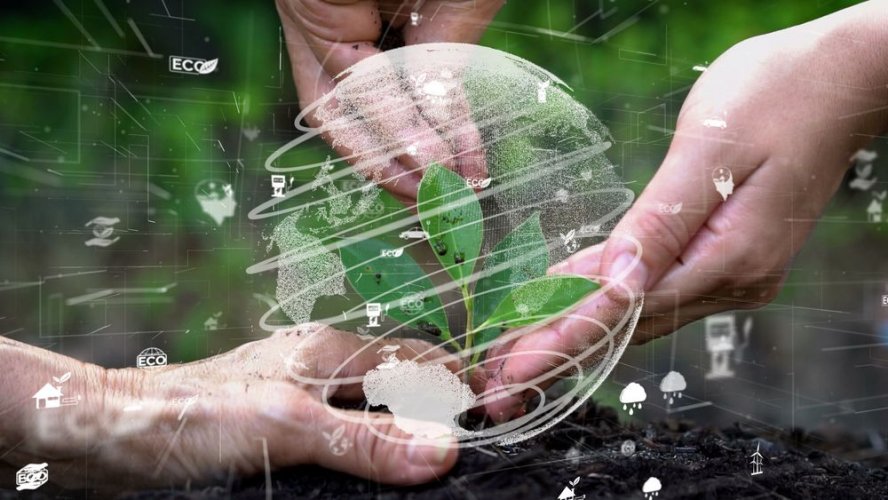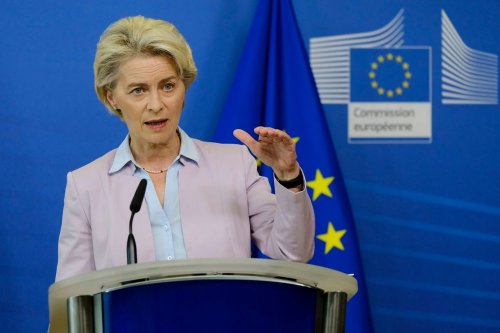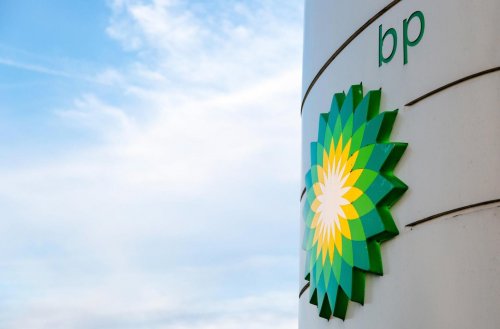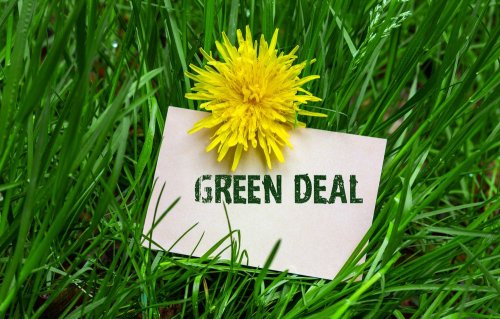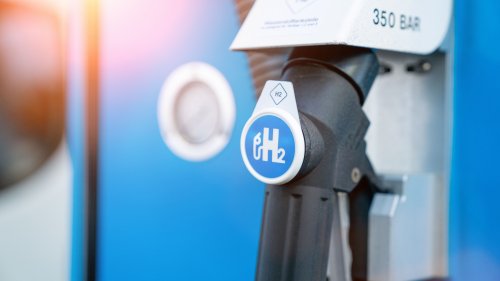The United States and the European Commission have issued a joint statement on European energy security, Europe's sustainability and accelerating the global transition to clean energy, in particular to end the EU's dependence on Russian fossil fuels by 2027.
The EU has reaffirmed its goal of gaining independence from Russian fossil fuels long before the end of the decade thanks to the REPowerEU program? informs The White House.
In a statement, the governments condemned Russia's further invasion of Ukraine and expressed solidarity and support for Ukraine. The United States also aims to secure energy supplies to the EU and Ukraine
The statement said governments were committed to achieving the goals of the Paris Agreement, the goal of net zero emissions by 2050 and supporting limiting the 1.5 degree Celsius temperature rise, including through a rapid transition to clean energy, renewable energy and energy efficiency. Natural gas remains an important part of the EU's energy system during the "green transition", which will reduce carbon intensity over time.
"We are establishing immediate cooperation to address the urgent goal of energy security - to ensure an adequate level of gas storage before next winter. We will continue our close cooperation on other measures to accelerate the transition to green energy, reduce energy consumption and reduce dependence on fossil fuels, "the statement said.
The working group on energy security will be chaired by a representative of the White House and a representative of the President of the European Commission.
The working group will focus on the following pressing issues:
- The United States will work with international partners to provide additional liquefied natural gas (LNG) to the EU market of at least 15 billion cubic meters in 2022, with an expected increase in the future.
- The United States and the European Commission will reduce the greenhouse gas intensity of LNG infrastructure and related pipelines, in particular by using clean energy to power on-site operations, reducing methane leaks and building clean and renewable, hydrogen-ready infrastructure.
- The United States will maintain a favorable regulatory environment with review and rapid response procedures to allow for any additional LNG export capacity that will be needed to achieve energy security and support RePowerEU's goals.
- The European Commission will work with EU governments to speed up regulatory procedures for reviewing and determining LNG import infrastructure permits to include onshore facilities and related pipelines to support imports using floating vessels for regasification of storage facilities and fixed LNG import terminals.
- The European Commission will work with EU Member States and market operators to pool demand through the newly established EU Energy Platform for additional volumes between April and October 2022.
The European Commission, together with the United States, will support long-term contract mechanisms to support final investment decisions on LNG export and import infrastructure.
- The European Commission will work with EU member states to ensure stable demand for additional US LNG at least until 2030 of about 50 billion cubic meters. m / year, where the price formula for LNG supply to the EU should reflect the long-term market fundamentals and the stability of cooperation on the supply and demand side, and that this growth meets the common zero goals.
The price formula should include consideration of Henry Hub's spot natural gas price and other stabilizing factors.
- The EU is preparing an updated regulatory framework for energy security of supply and storage.
This will increase confidence and predictability in terms of security of supply and storage needs and ensure closer cooperation between the EU and partner countries. The European Commission has proposed regulating energy storage to ensure that existing storage infrastructure is filled to 90% of its capacity by 1 November each year, with specific phasing-in provisions for 2022. The European Commission will coordinate with Member States and ensure transparency on available LNG capacity at EU terminals.
The United States and the European Commission will engage key stakeholders, including the private sector, to make immediate recommendations that will reduce overall gas demand by accelerating market development and the use of clean energy technologies and measures in Europe and the United States, such as:
- Collaborate on technologies and energy-efficient solutions, such as increasing the number of devices that respond to demand (such as smart thermostats) and deploying and installing heat pumps, scaling up purchases of clean energy equipment, investing in innovative technologies and fossil fuel disposal.
- Accelerate the planning and approval of renewable energy projects and strategic cooperation in energy, including offshore wind technologies.
- Develop a strategy to accelerate the development of the workforce to support the rapid introduction of clean energy technologies, including the expansion of solar and wind energy.
- Cooperation to promote the production and use of clean and renewable hydrogen to replace fossil fuels and reduce greenhouse gas emissions, in particular by investing in technology development and infrastructure support.
- The European Commission is working to implement measures to reduce gas consumption by maximizing the production and use of renewable energy, in particular by reducing the rate of reduction by reducing coagulation rates.
- The United States and the European Commission are determined to negotiate and implement an ambitious Global Agreement on Emissions-Based Steel and Aluminum Trade, which stimulates industrial decarbonisation and reduces energy demand.
We will remind, The EU wants get rid of energy dependence on Russia thanks to a € 300 billion plan.
As EcoPolitica reported earlier, the EU will allocate € 195 billion, to get rid of energy dependence on Russia.

